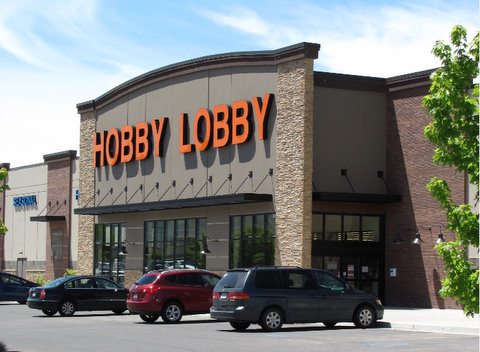


The concept of the single-tenant NNN lease has opened the door for many investors to get into the commercial real estate investment market in a more significant way. Prior to this product type many investors steered clear of commercial real estate investment as a regular part of their investment property portfolio because an overall lack of management expertise, capital requirements, and real estate specific knowledge. Most real estate for the average investor was in the form of REIT’s or maybe a rental home or two. The single-tenant NNN, triple net lease, opened up the market to a method of real estate ownership that was viewed as simplistic and safer than in the past and the market has been flooded with investors seeking this product.
This has been both good and bad for the commercial real estate market as a whole. It has added liquidity to the market which is a good thing. It has arguably also led to the overpricing of these assets.
I recently received an interesting call from a local investor. This investor was a highly educated professional in another industry. His experience in commercial real estate investment was limited to a 1031 exchange that he had spearheaded for his family’s estate several years back which didn’t go very well. They had made offers on several single-tenant NNN deals but seemed to get out-bid on nearly every one of them. It was a very frustrating experience trying to enter this market.
Nevertheless, this investor has now set aside a reasonable amount of cash and is looking to invest himself in an attempt to create some passive cash-flow as he plans for retirement. Upon calling me was already negotiating on a deal and felt like he needed a second opinion. The deal he was considering was a brand new land lease on a to-be-built restaurant building with an average credit tenant. The deal was priced at a 5.25% cap rate and was priced significantly higher than the value of the underlying land. However, the broker has convinced him that the rents were replaceable in the event that the tenant defaulted, which I also believed to be true.
Now I want to be clear that I believe that all investors have different goals and objectives with their commercial real estate investment dollars. There are some categories of investors for which this would be an appropriate deal. I question, however whether it is right for a professional trying to build their nest egg that still has 15 to 20 working years left. That type of deal appears to be too conservative on the return side and really not any safer on the risk side than many other assets. The benefit that was appealing to this investor was the lack of management responsibility whereas he was very busy in his current profession.
Wouldn’t it be more prudent for an investor in this category to consider a multi-tenant building that could be purchased at an 8% to 8.5% cap rate (at a value at or near replacement cost) that already contemplates the expense of hiring management to take care of that property? On a $1 million dollar cash investment the difference in annual cash flow and total cash accumulation over the next 15 to 20 years is substantial. Again, there are different seasons for different investors and I am not making a blanket statement relative to all investors. I’m not sure what decision this particular investor made after our telephone discussion but it made me think a lot about investment strategy for my clients.
Robert Carr of National Real Estate Investor Magazine recently published an article titled “PLATEAU PHASE – Is the single-tenant net lease market flatlining?” The article comments on the decline in single-tenant net lease sales over the last year but attributes that primarily to a lack of supply and also notes that pricing for those sales still occurring is still going up. A few comments from the article that I thought were interesting were:
I believe that the single tenant NNN lease provides a great vehicle for many investors but it is not a “one size fits all” type of investment. A commercial real estate investor really needs to consider his objectives and why he is investing in commercial real estate in the first place and then determine how and where to enter the market. Sometimes popular opinion is good for the masses but not the individual.